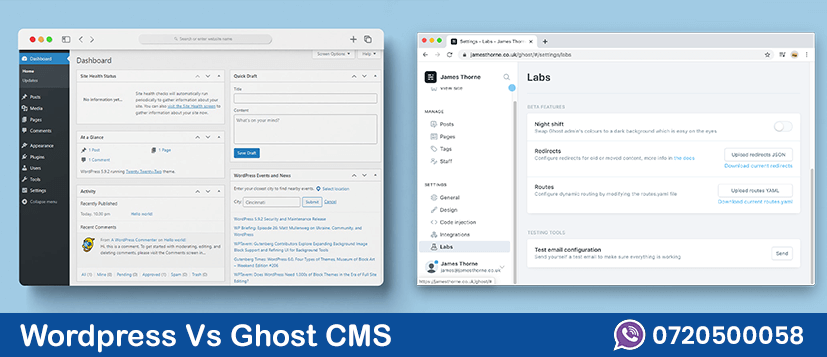Exploring the Content Management Systems Market Share: Trends and Insights
Content Management Systems (CMS) play a pivotal role in shaping the digital landscape, providing individuals and businesses with the tools needed to create, manage, and publish content on the internet. As the demand for online presence continues to grow, understanding the market share dynamics among popular CMS platforms becomes crucial for making informed decisions. In this article, we delve into the trends and insights surrounding the content management systems market share.
- WordPress Dominance:WordPress has long been the undisputed leader in the CMS market. Powering a significant percentage of websites on the internet, its open-source nature, user-friendly interface, and extensive plugin ecosystem have contributed to its widespread adoption. According to recent statistics, WordPress holds a substantial market share, making it the go-to choice for bloggers, small businesses, and even large enterprises.
- Competition and Alternatives:While WordPress remains a dominant force, several other CMS platforms have gained traction, each catering to specific needs and preferences. Joomla, Drupal, and Magento, for instance, have carved niches for themselves in areas such as e-commerce and more complex website structures. Additionally, platforms like Wix and Squarespace have gained popularity, especially among users seeking simplicity and an all-in-one solution.
- Rise of Headless CMS:A notable trend in the CMS market is the rise of headless CMS solutions. Traditional CMS platforms tightly couple the content creation and presentation layers, but headless CMS decouples them, offering more flexibility in content delivery across various channels. Contentful, Strapi, and Kentico Kontent are among the headless CMS providers making waves as businesses seek modern and agile content management solutions.
- Ghost’s Niche Appeal:Ghost, a CMS known for its focus on a distraction-free writing experience, has found its niche in the market. While not as widespread as WordPress, Ghost has gained popularity among bloggers, publishers, and content creators who prioritize a clean interface and optimal performance. Its rise highlights the demand for platforms catering specifically to content-focused users.
- Market Share by Industry:Different CMS platforms excel in specific industries. For example, Shopify is a dominant force in the e-commerce sector, providing a tailored solution for online stores. Similarly, TYPO3 is renowned for its flexibility and scalability, making it a preferred choice for enterprise-level websites. Understanding the market share dynamics within specific industries is crucial for businesses seeking CMS solutions tailored to their unique requirements.
- The Shift to Cloud-Based CMS:Cloud-based CMS solutions are gaining popularity, offering scalability, accessibility, and reduced infrastructure management overhead. WordPress, Drupal, and Joomla, among others, have embraced cloud technologies to provide users with more efficient and scalable content management experiences. This shift reflects the industry’s acknowledgment of the benefits offered by cloud-based solutions.
Conclusion:
In the ever-evolving landscape of content management systems, market share dynamics continue to shape the choices available to users. WordPress remains a powerhouse, but the rise of alternatives, the emergence of headless CMS, and the specialization of platforms for specific industries showcase the diverse needs and preferences of users. As technology advances, the CMS market is likely to see further innovations, providing users with even more choices to meet their unique requirements.


